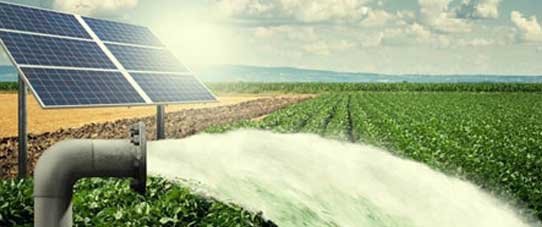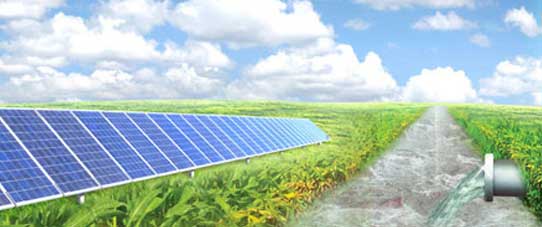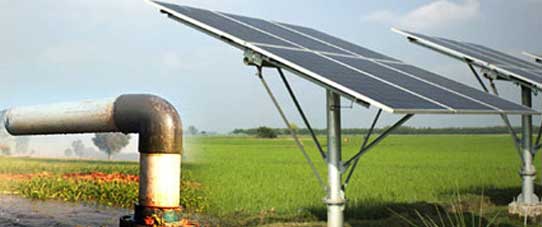Harnessing the Sun to Quench Your Thirst
Description:
Solar water pumping systems utilize solar energy to power water pumps, providing a sustainable solution for irrigation, livestock watering, and water supply in remote or off-grid locations. These systems consist of solar panels that generate electricity, which is used to drive the water pump.
How to Choose a Solar Water Pumping System
Water Source
Determine the water source (well, borehole, river, pond) and its depth. This will help decide whether a submersible or surface pump is needed.
Water Requirements
Calculate the water requirements for your application, including flow rate and pressure needed.
Sunlight Availability
Assess the average sunlight availability in the location to determine the size of the solar panel array.
Pump Sizing
Select a pump that matches the water requirements and offers efficient performance.
Storage or Direct Use
Decide whether you need to store water in a tank for later use or if the pump will provide water directly to the application.

Types of Solar Water Pumping Systems
Submersible Solar Water Pump


Surface Solar Water Pump
Choosing Between Types
Advantages of Solar Water Pumping Systems
- Energy Independence: Solar water pumping systems operate independently from the grid, reducing reliance on conventional energy sources.
- Cost Savings: Solar energy is free, leading to lower operational costs and faster return on investment compared to diesel or electric pumps.
- Environmentally Friendly: Solar water pumps produce fewer greenhouse gas emissions and have a smaller carbon footprint compared to fossil fuel-based pumps.
- Remote Accessibility: Solar pumps can be installed in remote areas without access to electricity grids.
Disadvantages of Solar Water Pumping Systems
- Initial Investment: The upfront cost of installing a solar water pumping system can be higher than traditional pumps.
- Sunlight Dependency: Solar pump performance depends on sunlight availability, which may vary based on weather conditions and time of day.
- Storage Requirements: Some applications may require additional storage systems to store water for use during cloudy periods.
- Maintenance Challenges: While maintenance is generally lower, issues with solar panels, pumps, or other components may require professional assistance.
Conclusion
Solar water pumping systems offer a reliable and sustainable solution for water supply needs in various applications. They provide energy independence, cost savings, and environmental benefits. When choosing a solar water pumping system , consider factors such as the water source, requirements, sunlight availability, and system type to ensure optimal performance and benefits.
Looking to harness solar energy for water pumping needs? Our experts can guide you through the selection process to ensure the best fit for your application.